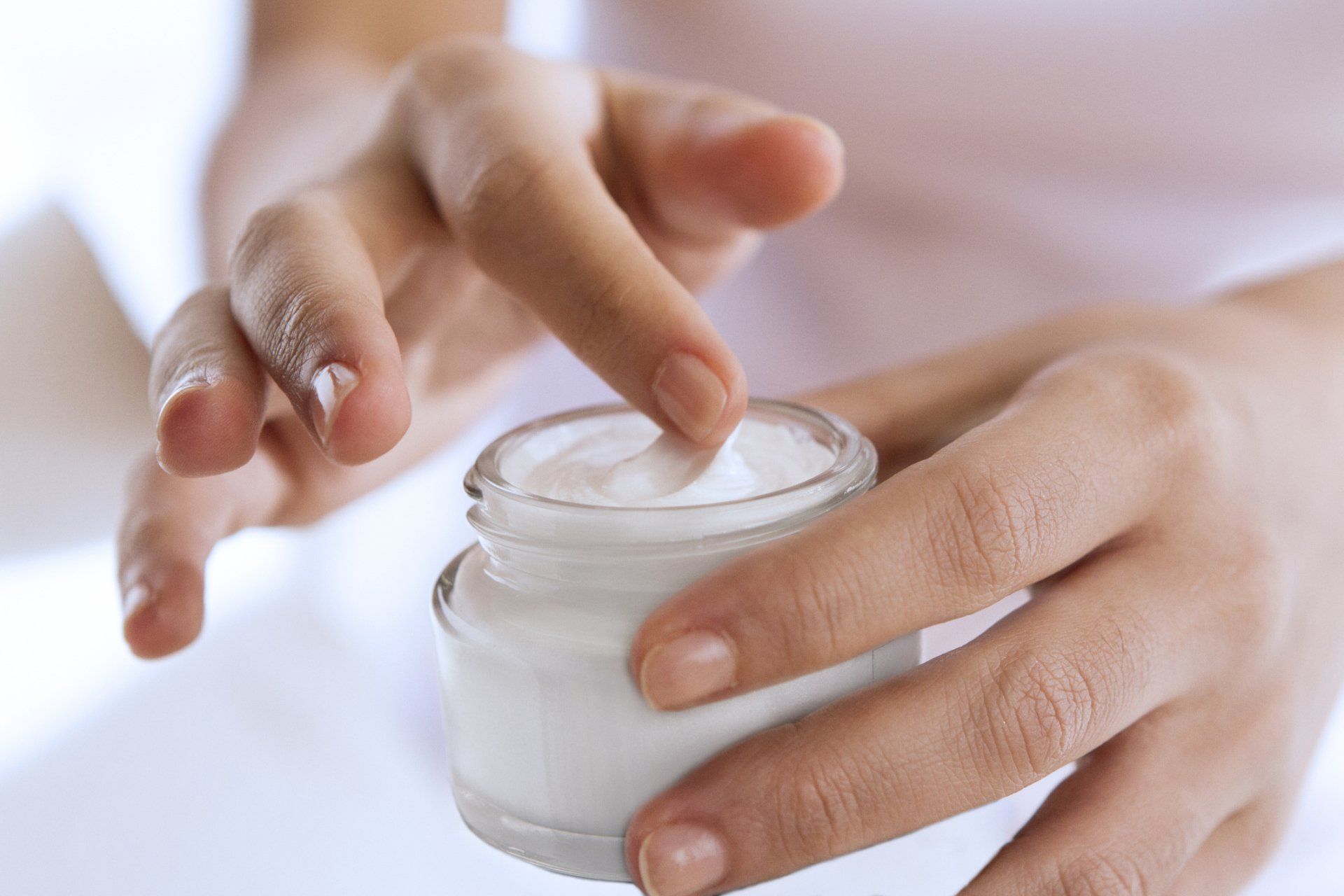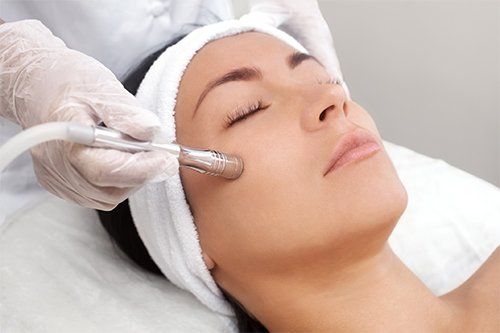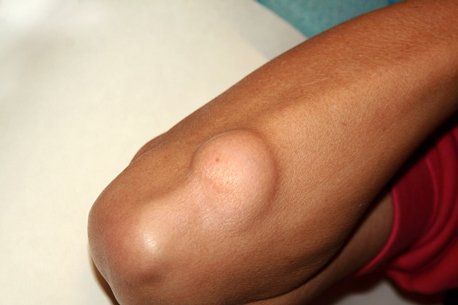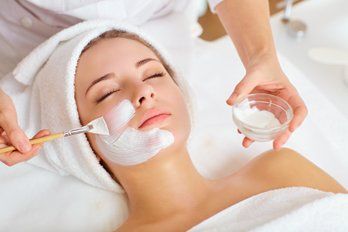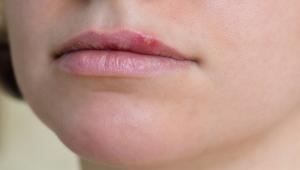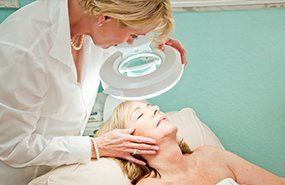
San Antonio’s Best
San Antonio’s Best
Experience the skin care experts at San Antonio Skin & Cancer Clinic.
Button
Your Skin, Your Care
Your Skin, Your Care
Love the way you look, get started with your skin.
Button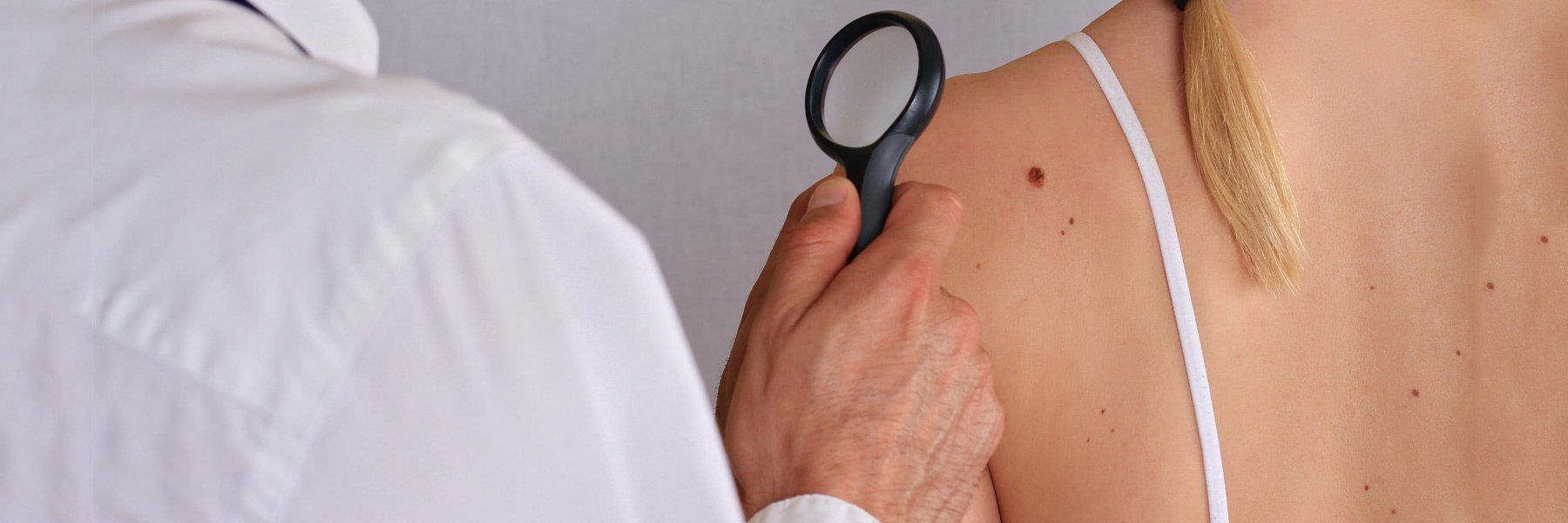
Expert Diagnostics
Expert Diagnostics
We’ll help you stay aware and stay healthy from cancer.
Button-
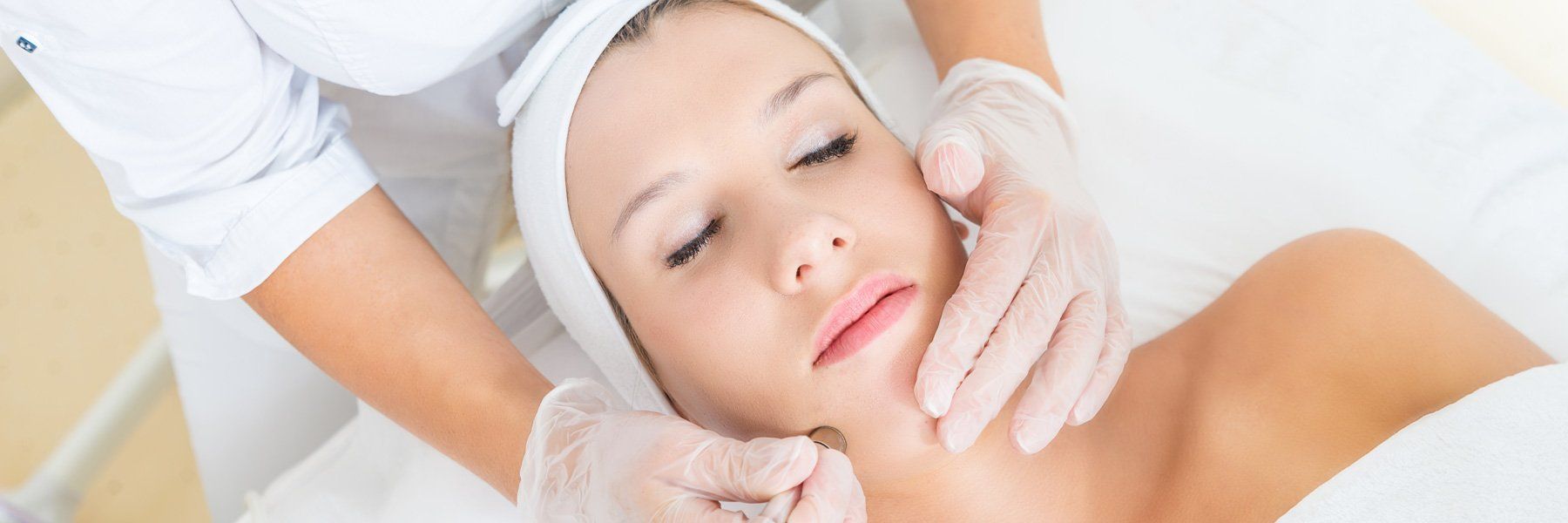
Give Us a Call
Give Us a Call
Don't be shy, pick up the phone. Your appointment is one call away.
Button
3 Surprising Factors That Increase Your Risk of Skin Cancer
- By Admin
- •
- 28 Feb, 2019

Experts estimate over 5 million cases of skin cancer are diagnosed each year. These statistics combined with increasing new cases each year prompt higher levels of awareness regarding skin cancer prevention and treatment.
You have a greater chance of dodging a skin cancer diagnosis yourself when you educate yourself about various risk factors that lead to skin cancer. But did you know that more than just too much tanning at the beach raises your odds? Look at these three surprising factors that can increase your risk of skin cancer.
1. Your Occupation
Where you physically work for a living or spend a large part of your life can actually increase your likelihood of getting skin cancer.
People who work outdoors all day are more prone to skin cancer simply because they are exposed to more UV light than those who work indoors all day. Construction workers, landscapers, farmers and ranchers, anglers, lifeguards, and professional dog walkers are among the many occupations that take you outside.
Even if you work indoors, some types of jobs can expose you to chemicals or other materials that are likely to cause skin cancer. Pest control workers face possible exposure to arsenic present in some types of insecticides. Make sure you protect yourself appropriately if you work in mining or industrial settings that have industrial tar, paraffin, coal, and oil.
If your occupation is not prone to raise your skin cancer risk, look at where you live in the world. Certain areas experience thinner ozone layers to block UV rays or receive more direct, intense UV rays. Some examples include higher altitudes, countries along the equator, or areas with year-round sun like the Southwest.
2. Your Genetics
People with a family history of this cancer have an increased risk.
One hereditary type of melanoma has been traced to a chromosome mutation called p16. The resulting unregulated cell growth is found in 40% of family cases. Parents with this genetic mutation have a 50% chance of passing it onto their children.
Additionally, other ways exist to inherit the likelihood of skin cancer. Because malignant skin cancer starts in your pigment-producing skin cells, your fair or freckled skin you inherited from your parents is more susceptible to harmful UV rays. Blondes and redheads experience similar vulnerability as well.
3. Your Sunscreen
The sunscreen you apply to your skin to block UV rays may cause skin cancer. Growing evidence suggests certain chemicals in many sunscreen products may increase your risks.
Vitamin A compounds like retinol and retinyl palmitate are proven photocarcinogenics. Vitamin A derivatives react to the sunlight and become toxic after a person applies the sunscreen their skin. Another ingredient found in sunscreen, oxybenzone, reacts the same way to sunlight. Both of these ingredients produce free radicals that harm DNA cells and hasten ageing.
Sunscreen might just hurt more than it helps. During the last 30 years of heavy sunscreen emphasis, skin cancer rates have doubled.
Sunscreen does more than contain potentially toxic ingredients. As it blocks UV rays, sunscreen effectively blocks healthy doses of Vitamin D your body uses to help absorb calcium and regulate your immune system. Experts recommend you opt to stay indoors or cover up with clothes and a hat. Otherwise, carefully read your sunscreen product label.
If you are at a higher risk for skin cancer, visit San Antonio Skin & Cancer Clinic to learn how we can help you with diagnosis and treatment options. We are also happy to answer any questions or address any concerns you have. We look forward to hearing from and serving you and your medical needs.





 210-614-3575
210-614-3575